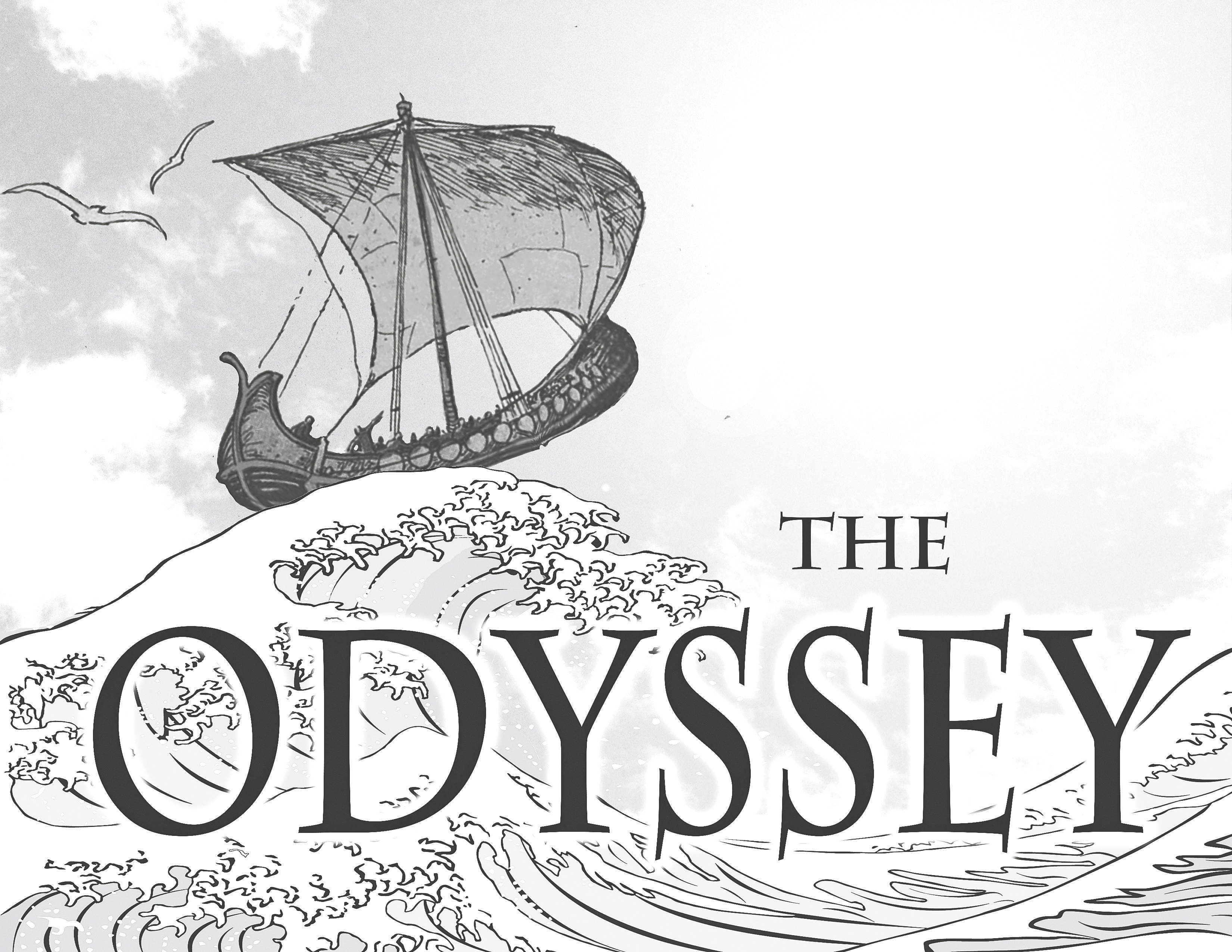Thursday, October 27, 2016
Thursday, October 20, 2016
Pre-AP: Homework Help: Compound and Complex Sentences
 |
| On the board 9/23 and 9/24. |
COMPOUND SENTENCES: FANBOYS
I am hungry, so I decided to eat a burrito.
My doctor says that I'm doing a good job losing weight, yet I still write all my grammar examples about junk food.
Notice that the yellow parts each function as complete sentences (aka independent clauses). They have a subject + verb. The pink parts are coordinating conjunctions. Compound sentences join two independent clauses with a coordinating conjunction. Read that sentence to yourself four more times.
COMPLEX SENTENCES: AWUBIS
There are two different ways you can write a complex sentence, as you can see in the picture of the notes above. Complex sentences join 1 dependent and 1 independent clause with a subordinating conjunction. Repeat that sentence a few more times, too.
Because I plan to eat a large plate of Mexican food on Friday after work, I will probably not lose too much weight this week.
Notice that the yellow parts express a complete thought, and if they were taken out of the context of this sentence, they would both be a complete sentence. "I plan to eat a large plate of Mexican food on Friday after work" is made to be a dependent clause by the presence of the subordinating conjunction immediately before it. "I will probably not lose too much weight this week" is an independent clause. Notice that because the dependent clause comes first in this example, the comma is needed.
You can also put the dependent clause after the independent clause, like this:
I will probably feel guilty about eating Mexican food unless I make up for it by exercising a little bit extra this weekend.
Again, both yellow segments of this sentence have a subject and a verb, and if taken out of the context of this sentence, they both would be complete sentences. Because we add the subordinating clause to the front of "I make up for it...," it becomes a dependent clause.
A More Complete List of Subordinating Conjunctions
(AWUBIS)
Monday, October 17, 2016
Pre-AP: Odyssey Exam tomorrow
To review:
- Look over the introductory notes for the Odyssey.
- Review the attributes of a hero and epic journey. Affirm that you know all the terms that are on the notes, such as hubris and nonlinear plot structure.
- List the main characters and all the challenges Odysseus faced. Can you name the main idea of each episode, and can you put these episodes in order?
- Go back and reread any sections that you may have skimmed, skipped, or misunderstood.
The exam is all multiple-choice.
Thursday, October 13, 2016
On-Level: Draft Revisions and Editing
There are some fairly simple things you can do to improve your draft for tomorrow:
- Make sure you have a balanced number of "to be" verbs. Look for the verbs am, is, are, was, were, be, being, and been in your paper. Try to eliminate half of them.
- Make sure your example has a few proper nouns in it. Proper nouns are the specific names of people, places, and things. If your example talks about a school, tell me the actual name of that school. If your example includes a war, tell me the real name of that war. Try to have at least three to five proper nouns in your example. Research details if you have to.
- Make sure your verb game is strong. Circle all the verbs in your essay. Can you improve your word choice? You can go on http://www.thesaurus.com to help with your word choice.
- Do you pick a side and argue for that side?
- Did you use a real, actual example in your body paragraph? It's okay if it's from a movie or TV show, as long as it's detailed.
- Does your thesis have a Topic + Position + Reason?
- If you gave two reasons in your thesis, did you talk about both reasons? If you have two reasons in your thesis, but the rest of your paper only talks about one, then you need to revise your thesis.
- Did you explain your example? Use key words from your thesis to explain your example to your audience. Explain more than you think you have to. Explain it like you're explaining it to an alien from outer space. Over-explain!
- Look at your conclusion. Did you restate the ideas in your thesis? This is your last persuasive moment with your audience. Is there anything else you can say to be persuasive?
Wednesday, October 5, 2016
Pre-AP: Mythology Word Cloud
This word cloud represents our background knowledge in Greek mythology. Do you recognize all of these? Which gods, topics, or ideas do you think will play a heavy hand in The Odyssey?
Pre-AP: Mythology Word Cloud
This word cloud represents our background knowledge in Greek mythology. Do you recognize all of these? Which gods, topics, or ideas do you think will play a heavy hand in The Odyssey?
Monday, October 3, 2016
On-Level: Beginning Persuasion
As we debated some hot topics, we came across four consistent aspects of persuasion:
- Starting with a thesis / answer / claim. This is where you tell your audience what you believe, or what you are trying to persuade them to believe or do. This is an essential part of being persuasive. You have to directly state what it is you are being persuasive about.
- Offering evidence and reasons to support your idea. Some people offered personal anecdotes, some people referred to historical events and/or documents, and some people just gave general reasons to support their main ideas. This is another essential part. You must be able to give reasons, logic, or facts that support your main idea. You have 26 lines to be persuasive, so you develop your thesis with supporting details.
- Challenging someone's idea with a counter argument. A counter argument is an attack on your thesis (main idea) or your evidence. In other words, you admit that some people may find a fault in your argument. "Some people might say..." It is not essential that you have a counter argument. If you can't think of a good one, don't worry about it. It's optional.
- Squashing a counter argument with a rebuttal. "Some people might say ___, but they're wrong because..." You only need a rebuttal if you include a counter argument in your essay. If you do a counter argument, then you must include a rebuttal.
Subscribe to:
Posts (Atom)


